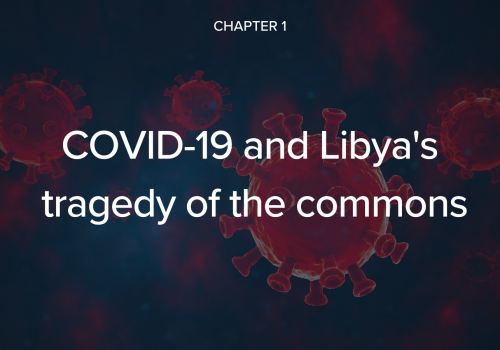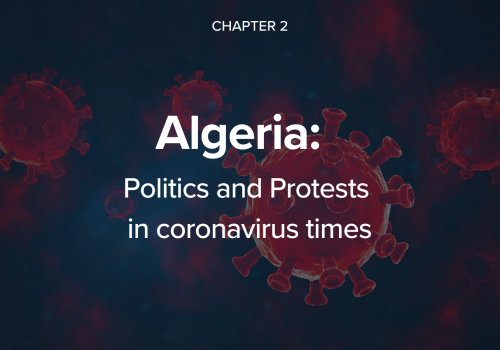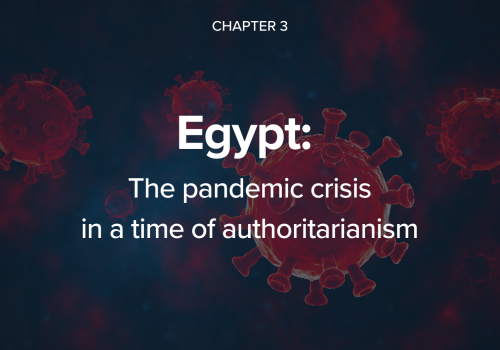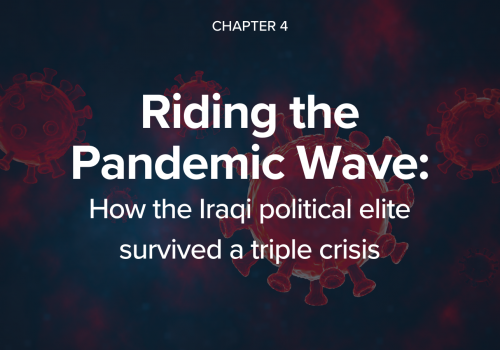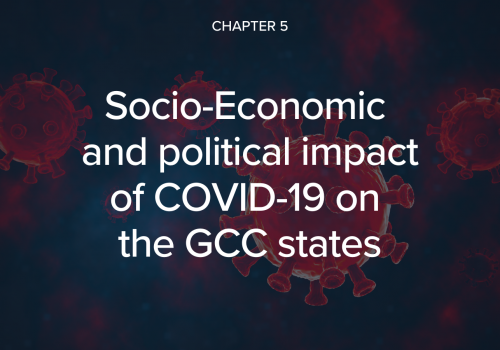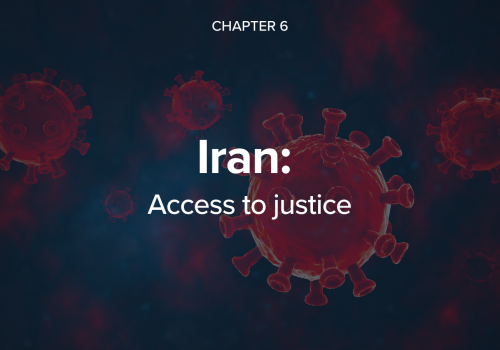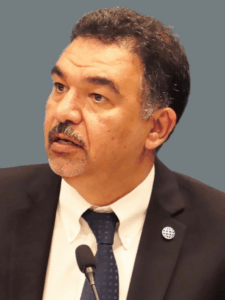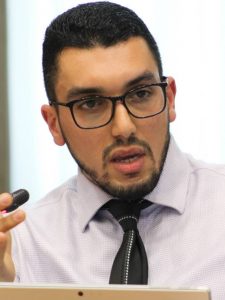The politics of pandemics: Evolving regime-opposition dynamics in the MENA region
After the first official cases reported in Iran in late February 2020, the COVID-19 pandemic has rapidly spread to all countries in the Middle East and North Africa (MENA) region, affecting all areas of life and becoming one of the most significant factors affecting regional developments. The outbreak, whose devastating effects cannot yet be fully appreciated, could not have come at a worse time, as many countries remain engulfed in vicious internal conflicts, or must cope with structural socioeconomic distress and popular dissent. In many respects, such a context and many of its problems resemble those that formed the backdrop of the Arab spring in 2011.
In a new report from the Rafik Hariri Center for the Middle East and the Italian Institute for International Political Studies (ISPI), “The politics of pandemics: Evolving regime-opposition dynamics in the MENA region”, edited by Karim Mezran and Annalisa Perteghella analyzes how governments have reacted to the pandemic. The edited volume– including contributions from regional experts including Emadeddin Badi, Gawdat Bahgat, Nadereh Chamlou, Hafsa Halawa, Abbas Kadhim, and Yahia Mestek– reveals that besides implementing emergency laws to effectively slow viral transmission, autocrats have been similarly worried about silencing those who exposed the impact that the pandemic is having on deep-seated issues affecting their own countries. The report includes analysis of the socio-economic and political impact of the pandemic in Libya, Algeria, Egypt, Iraq, GCC states, and Iran.
Click here to download individual chapters or the full report.
For media inquiries, please contact press@atlanticcouncil.org.
Preface | Frederick Kempe and Giampiero Massolo
Chapter 1: “COVID-19 and Libya’s Tragedy of the Commons” | Emadeddin Badi
Chapter 2: “Algeria: Politics and Protests in Coronavirus Times” | Yahia Mohamed and Lamine Mestek
Chapter 3: “Egypt: The Pandemic Crisis in a Time of Authoritarianism” | Hafsa Halawa
Chapter 4: “Riding the Pandemic Wave: How the Iraqi Political Elite Survived a Triple Crisis” | Abbas Kadhim
Chapter 5: “Socio-Economic and Political Impact of COVID-19 on the GCC States” | Gawdat Bahgat
Chapter 6: “Iran: Access to Justice” | Nadereh Chamlou
Conclusions | Karim Mezran and Annalisa Perteghella

Through our Rafik Hariri Center for the Middle East and Scowcroft Middle East Security Initiative, the Atlantic Council works with allies and partners in Europe and the wider Middle East to protect US interests, build peace and security, and unlock the human potential of the region.
Image: People walk on a street after Tehran reopened following a two-week shutdown, amid the coronavirus disease (COVID-19) outbreak, Iran December 6, 2020. Majid Asgaripour/WANA (West Asia News Agency) via REUTERS ATTENTION EDITORS - THIS IMAGE HAS BEEN SUPPLIED BY A THIRD PARTY.
